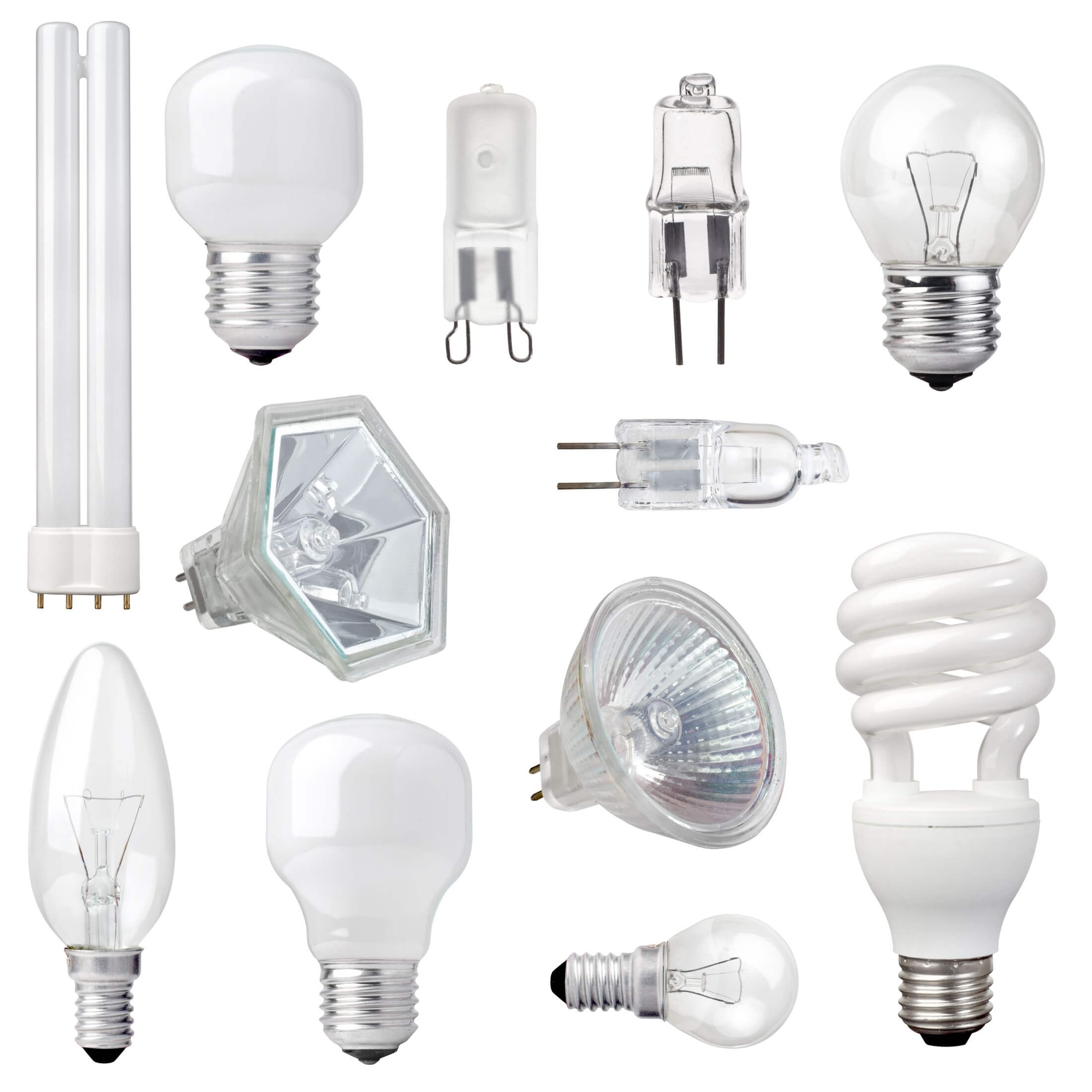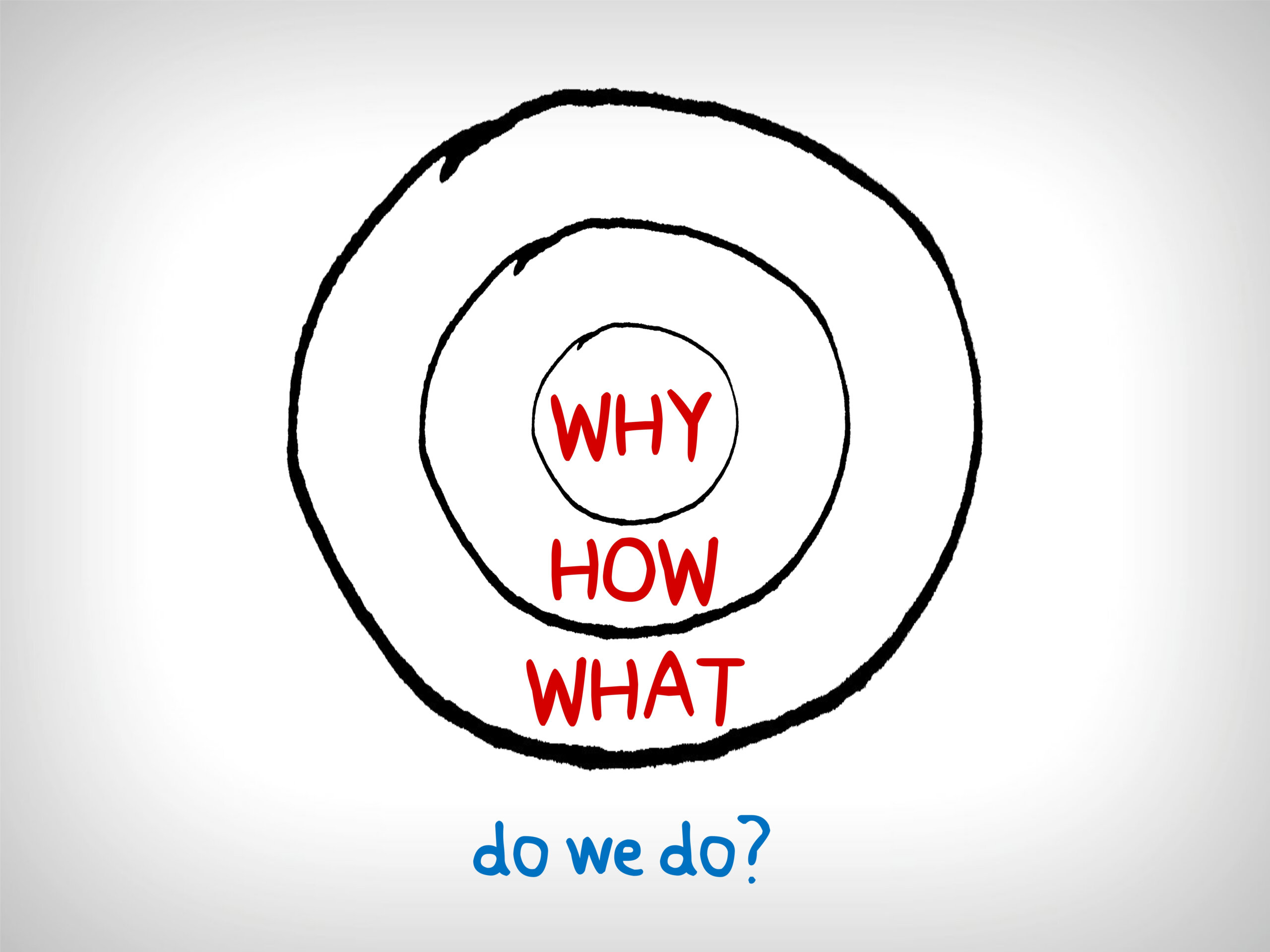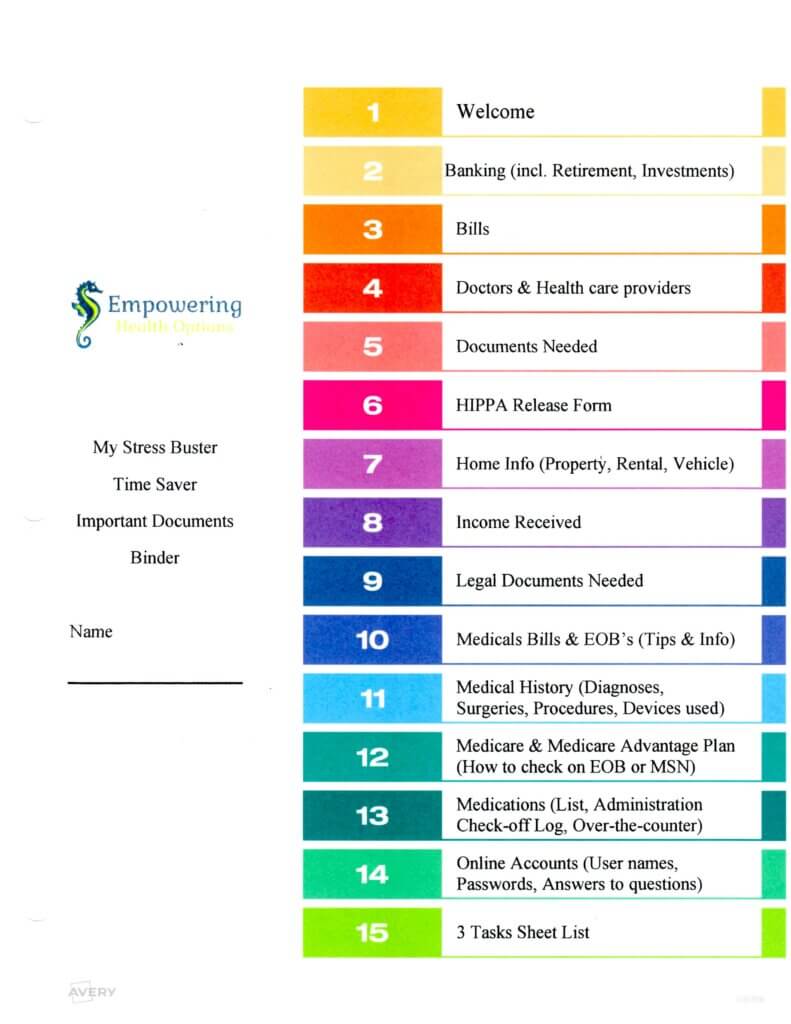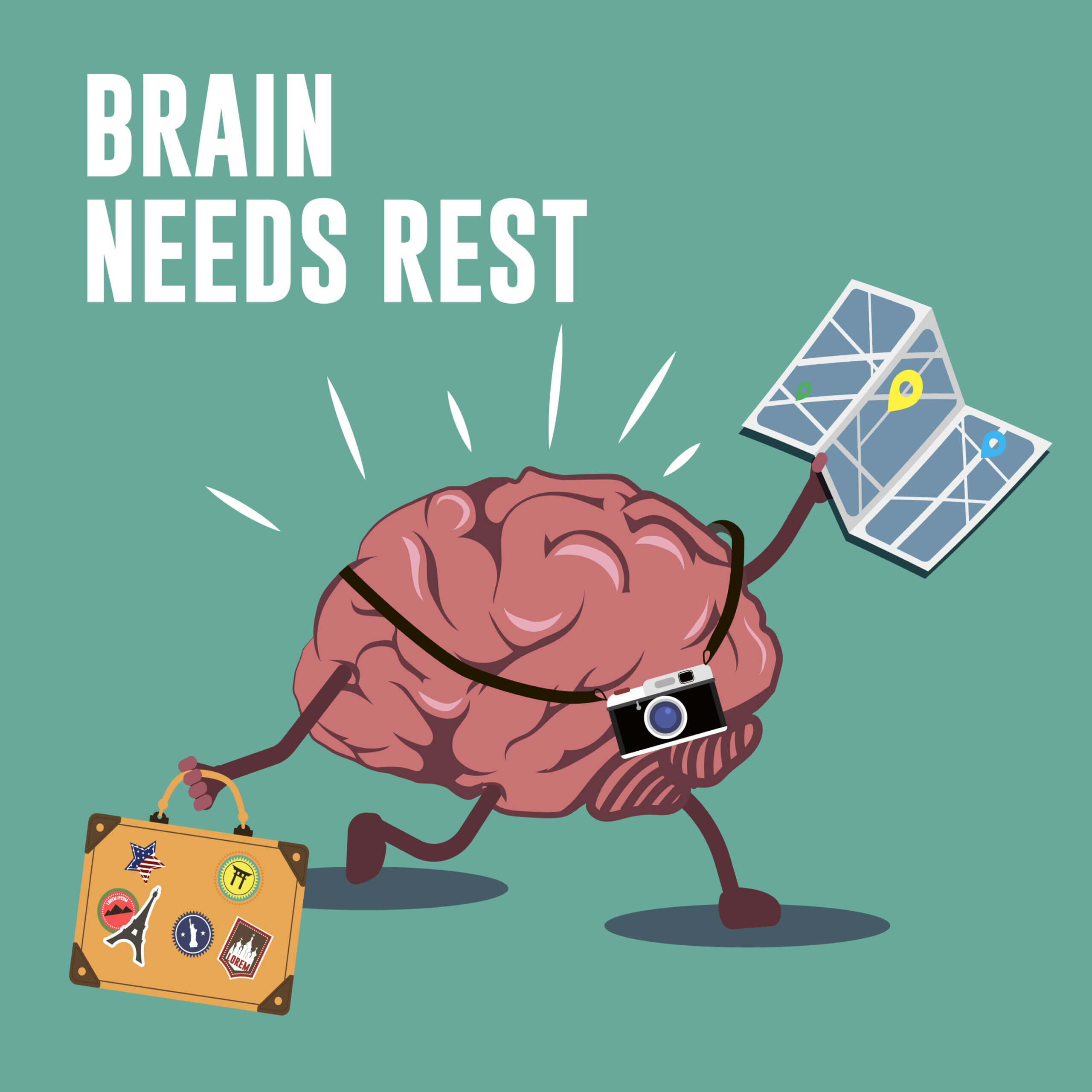
Aging eyes need twice as much light as young eyes to read and do tasks. Folks with Alzheimer’s need even more light. More contrast is needed. For older eyes, yellow backgrounds or yellow highlighted areas are easier to read. Use black ink or dark blue ink. There is a point where we have to get over “pretty” and use functional.
Have you ever wondered why folks with dementia “see things that aren’t there?” It could be shadows or a dark area in their field of vision. Have you ever wondered why a person with Alzheimer’s gets fearful and acts out for so seeming reason? It could be lighting, shadows or depth perception issues.
January 18, 2023
How do you see?
How do you see? Nope, not with your eyes. With your brain. Your eyes feed data to the brain and your brain computes to send back messages on what you are seeing. Now, imagine that your brain isn’t working very well and it can’t quite make out some of the data that is being sent. In fact, it is corrupted information. GIGO – garbage in, garbage out.
One of my experiences
My brother and I were out driving one night, shooting the breeze and looking around. All of a sudden, I caught a glimpse of something on the right side of the car. It was a freaking deer. It did not hit the car, thank goodness. He saw it too, just a glimpse of something. Our eyes had taken in the data and our brains had processed what we saw. What we think we saw. We reasoned out it was probably a deer. We had no time to react, just jump because we were startled. Good thing it didn’t hit the car, because we sure didn’t have time to swerve.
Now, imagine that same scenario but now my brain has an injury or is failing. What will happen to the information that has been gathered by the eyes and sent to the brain for processing? It depends. Where the damage is in the brain and what still works will impact the quality of information and processing ability. The information sent back from the brain may have been nothing, to a bear, to a spear, to a person, or to a deer, who knows what it interpreted?
Folks that have Alzheimer’s or another Dementia…their Brain is Failing
In dementia or Alzheimer’s, the brain is failing. It cannot process and interpret as it once did. It cannot give factual information. It still gives information; it just may be incorrect information. Can you see why we would hold on to what our brain is telling us? We saw “x” and our brains interpreted either, “x, y or z” and relayed that information back. I know what my brain told me and here you are trying to tell me that it isn’t real? The fight is on! Don’t be telling me what I saw was wrong, hell, I saw it. You get the gist.
You want to lessen the anxiety and agitation by using appropriate lighting throughout the home. You will need brighter lights. You will need to eliminate or decrease dark corners and shadows. Dark corners and shadows tell our brains to be wary and afraid. Use natural light as much as possible. Always cover bulbs with a shade.
Check out the Home for Problem Areas
Look at the hallways. Is there light bouncing or reflecting off of the floor? Minimize glare. Does the floor look dark like an abyss? Look outside, what does the area look like when the sun starts going down? Look for shadows or reflections that may be troublesome. Close the curtains when it begins to get dark outside. Shadows may be mistaken for strangers.
Suggestions
Use contrasting colors to help them find things. Use a red plate for their food. Use colorful bed linens so they can find their bed. Maybe it is time to place signs up with arrows for finding the toilet, bedroom, kitchen, etc. Hang a sign, with their name on it, on their bedroom door. Label the hot and cold water handles.
A side note, sometimes you may need to cover mirrors because the person with dementia no longer recognizes their own face.
Bulbs, Watts, LED’s, CFL’s
Maybe you need 100 watts or 150 watts of bright light. Make sure the lamp can handle that amount. It is so confusing now with all of the different types of bulbs. Read on the packaging to find what you need. Ask someone who works there for help in determining what may be best for you. Some of those things are expensive. Make sure your lamp or socket is designed to hold that type of bulb and the wattage of the bulb. For example, a 32-watt compact fluorescent light (CFL) correlates to the same amount of light that a 100-watt bulb does. Then you have to deal with the height of the bulb. It will be a process.
Your goal is brighter and more consistent lighting. Getting rid of shadows and dark corners. Give it a try for a few months and see how much better their life will be and your life will be.
Pat
 Good relationships take work on the parts of both people involved under the best of circumstances. What happens when one of the partners becomes seriously ill or will need help for more than six months? It may be from a stroke, cancer, traumatic brain injury, mental health/psychiatric disorders, spinal cord injuries, dementia, Alzheimer’s disease, Parkinson’s disease, etc.
What happens when relationship challenges rear their ugly head? Will you address it? Will you ignore it? Will you stuff your feelings way down deep? Will you deal with it in a healthy way? Decisions, decisions, decisions.
January 25, 2023
Good relationships take work on the parts of both people involved under the best of circumstances. What happens when one of the partners becomes seriously ill or will need help for more than six months? It may be from a stroke, cancer, traumatic brain injury, mental health/psychiatric disorders, spinal cord injuries, dementia, Alzheimer’s disease, Parkinson’s disease, etc.
What happens when relationship challenges rear their ugly head? Will you address it? Will you ignore it? Will you stuff your feelings way down deep? Will you deal with it in a healthy way? Decisions, decisions, decisions.
January 25, 2023





